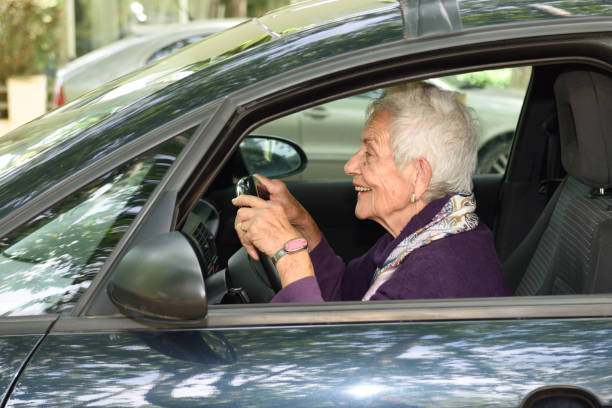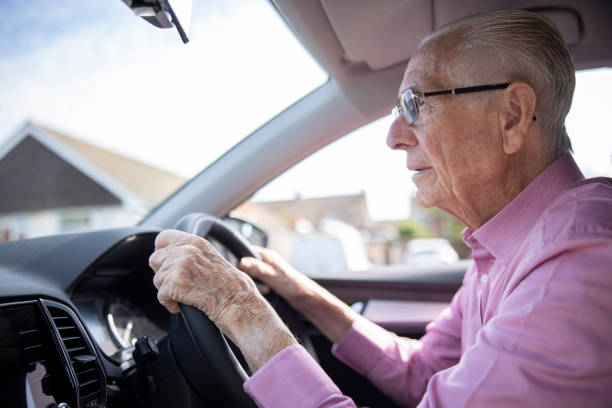Should Age Decide Who Drives? The Debate No One Wants to Have
Across France, a quiet conversation is getting louder — should drivers past a certain age be required to prove they’re still safe behind the wheel?
For some, it’s common sense. For others, it’s an insult to independence. And after a recent tragedy, the question is becoming harder to ignore.
When a Wrong Turn Changes Everything
In La Rochelle, what began as a routine drive turned catastrophic. An 83-year-old motorist, heading the wrong way down a road, collided with a group of children on bicycles. Several were injured.
The event sent shockwaves through the community, sparking an uncomfortable question:
At what point does driving become too risky?

The Road Safety Authority’s own data may surprise you. Drivers over 75 are involved in accidents at a rate comparable to the youngest, least experienced group on the road — 18 to 24-year-olds.
The reason isn’t recklessness, but the slow, inevitable effects of aging: diminished vision, slower reflexes, reduced hearing, and sometimes lapses in focus.
France’s Stand — and How It Differs from Others
Here’s where France stands apart. Once you get your category B license, it’s yours for life — unless revoked for a serious offense or by court order.
No mandatory retesting. No medical checks for private vehicle drivers.
Meanwhile, countries like Germany and Italy require medical evaluations for drivers over 70 or 75, making France’s approach unusually hands-off.
A Smarter Middle Ground

Safety experts say there’s another path — one that balances safety with autonomy. Older drivers can voluntarily visit their doctor or a certified examiner to test vision, reflexes, and coordination. They can also take a tailored driving assessment to identify any risks and receive guidance like avoiding high-traffic times, steering clear of night driving, or sticking to familiar routes.
Refresher courses are another tool — a way to brush up on modern road rules, learn about new vehicle technology, and get real-world feedback. Some schools even offer senior-focused sessions, helping drivers adapt and regain confidence without judgment.
Small Changes, Big Safety Gains
The solution doesn’t always mean handing over the keys. Switching from manual to automatic transmission, for instance, can reduce stress. Adjusting seating for better visibility or using modern driver assistance systems can also make a meaningful difference.
Across France, awareness programs are quietly building momentum, offering senior motorists both the resources and the encouragement to stay safe.
Keeping the Conversation Human
It’s easy to focus on statistics, but many older drivers have decades — sometimes half a century — of safe driving behind them. They’ve navigated countless roads, weathered storms, and avoided collisions through skill and experience. That kind of road wisdom is worth preserving.

The real challenge isn’t about telling seniors when to stop — it’s about helping them know how to keep going safely.
The Bottom Line
The La Rochelle accident is a painful reminder that safety on the road has no age limit — but it does require honest self-assessment. By making voluntary testing accessible, promoting refresher courses, and encouraging simple adaptations, older drivers can hold onto their keys and their freedom without putting themselves or others at risk.
Because the goal isn’t to take driving away from seniors — it’s to make sure they can keep doing it for as long as possible, and as safely as possible.
